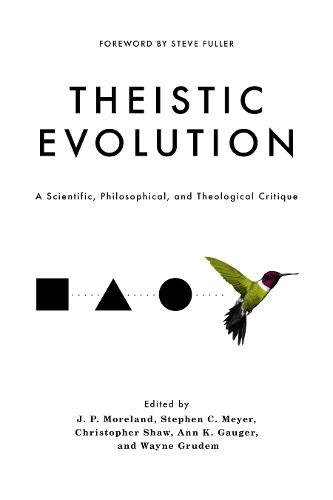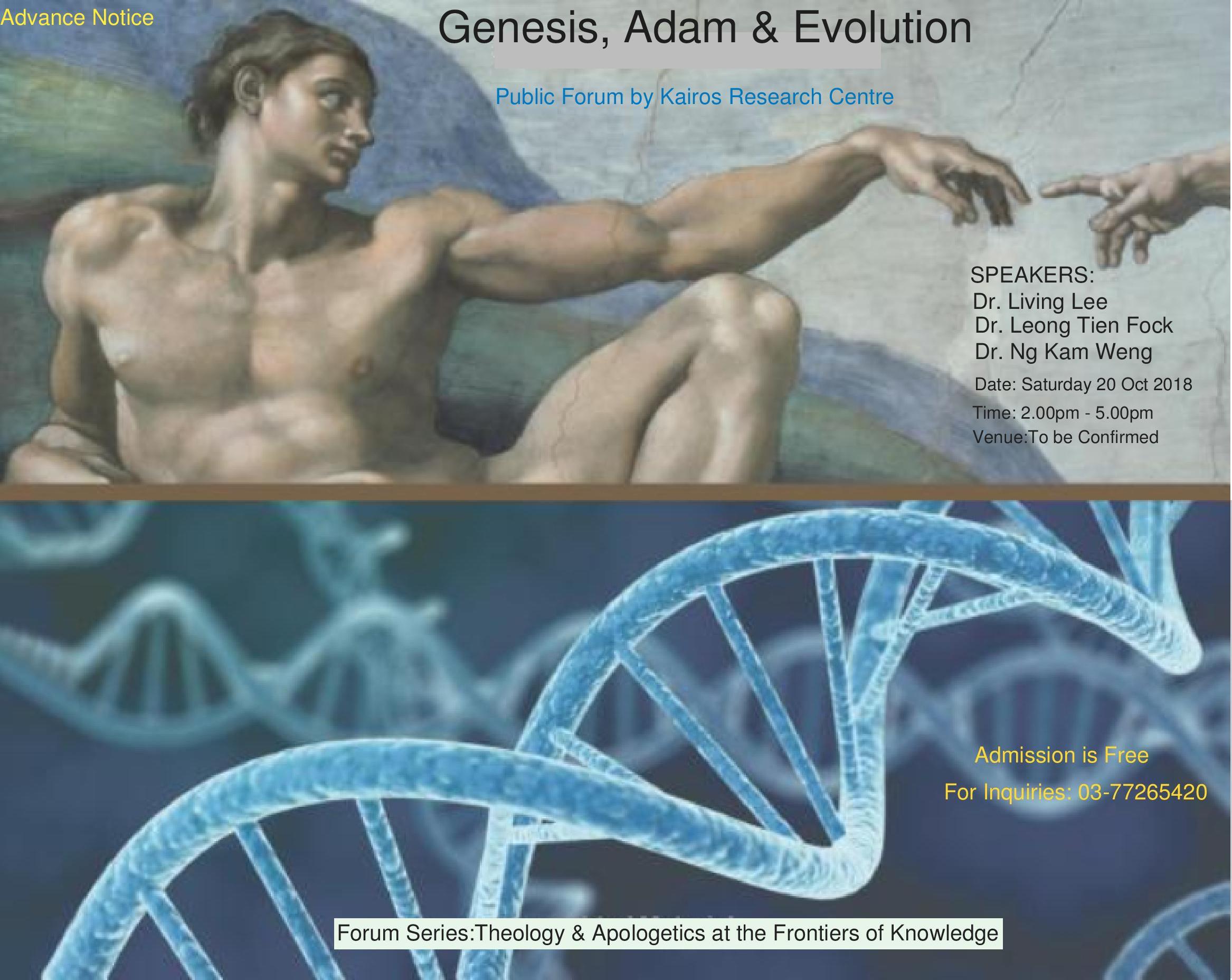
Sometimes people wonder why I choose to highlight the danger of liberal theology when Christians are expected to be polite and tolerant nowadays. The concerns of these people is that polemical debates are counter-productive. Good Christians should be nice and polite and avoid any semblance of being quarrelsome. We should engage in “conversation” rather in debates.
We should be courteous in defending our faith. But is it not the case that critical thought entails serious debates, if not polemics? This is especially true when the stakes of the debates are high, as they pertain not to secondary customs and practices, but to the central truths of Christian salvation.
J. Gresham Machen, the author of the classic book, Christianity and Liberalism (1923) understood the stakes of the debate better than any of his contemporaries. I strongly recommend every church leader read his clarion call to church leaders to be faithful in discharging their duty to hold fast to the pattern of sound teaching, with faith and love in Christ Jesus and guard the good deposit that is entrusted to them (2 Tim. 1:13-14). Continue reading “Why Confessional Faith Must be Vigorously Defended Against Liberal Theology”









